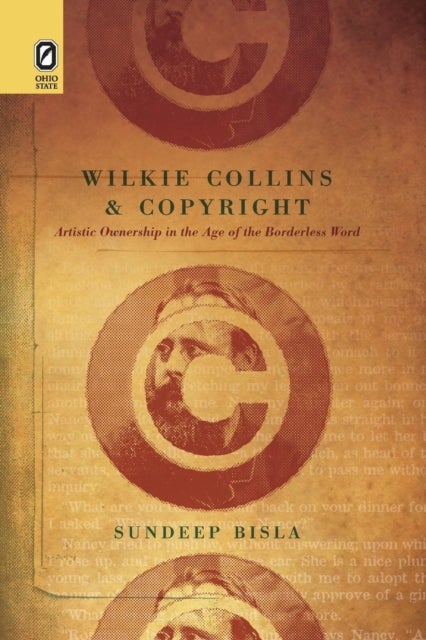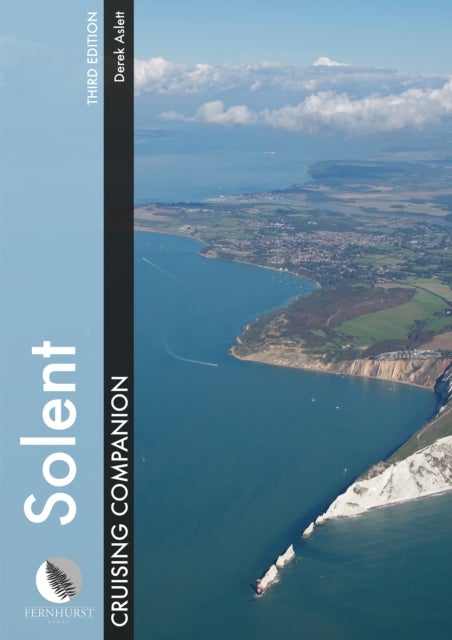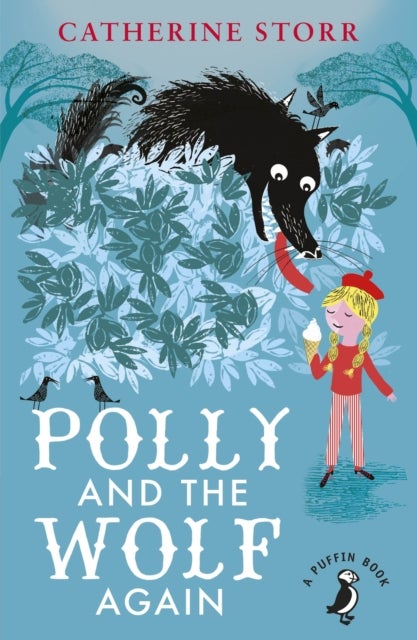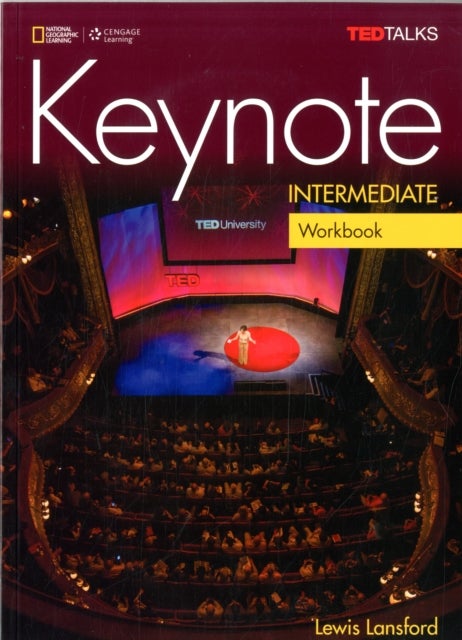
Wilkie Collins and Copyright av Sundeep Bisla
399,-
<div><div>In the works and letters of his later years, Wilkie Collins continually expressed his displeasure over copyright violations. <i>Wilkie Collins and Copyright: Artistic Ownership in the Age of the Borderless Word</i> by Sundeep Bisla asks whether that discontent might not also have affected the composition of Collins''s major early works of the 1850s and 60s. Bisla''s investigation into this question, surprisingly, does not find an uncomplicated author uncomplicatedly launched on a defense of what he believes to be rightfully his. Instead, Bisla finds an author locked in fierce negotiation with the theoretical underpinnings of his medium, the written word, underpinnings best delineated by the twentieth-century deconstructionist Jacques Derrida. Collins''s discomfort with copyright violation comes to be in tension with his budding understanding of the paradoxical nature of the "iterability" of the word, a nature presenting itself as a conflict between the settling and breaking m








